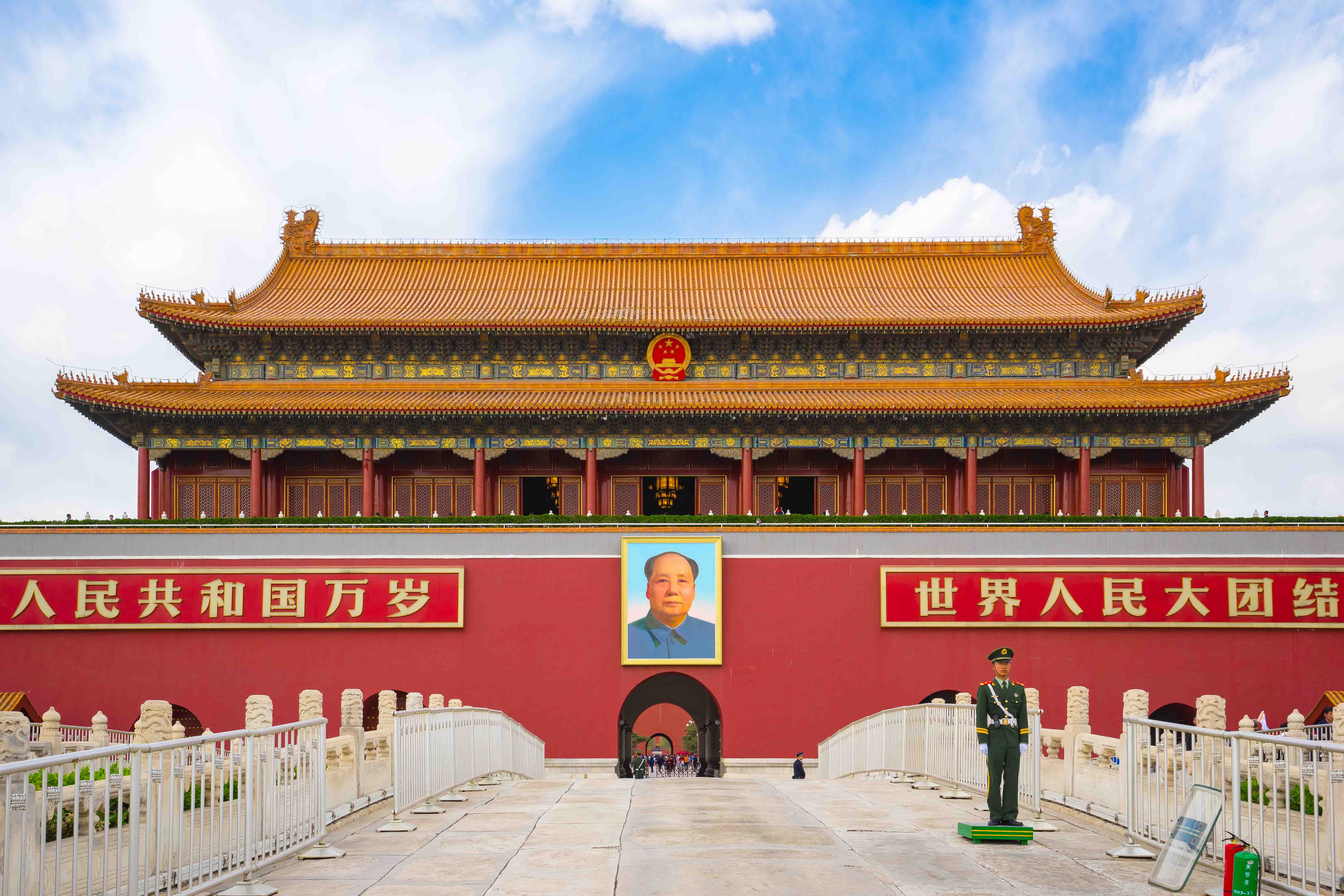
The People's Republic of China, is one of the five remaining official
Communist states in the world. The Chinese government has been variously
described as communist and socialist, its current political/economic
system has been termed as "socialism with Chinese characteristics".
Compared to its closed-door policies until the mid-1970s, the
liberalization of China has resulted in the administrative climate being
less restrictive than before. China's incumbent President is Hu Jintao,
who is also the General Secretary of the Communist Party of China, and
its Premier is Wen Jiabao, who is also a senior member of the CPC
Politburo Standing Committee.
The country is ruled by the Communist Party of China (CPC), whose power
is enshrined in China's constitution. The Chinese electoral system is
hierarchical, whereby local People's Congresses are directly elected,
and all higher levels of People's Congresses up to the National People's
Congress (NPC) are indirectly elected by the People's Congress of the
level immediately below. There are other political parties in China,
referred to in China as democratic parties, which participate in the
National People's Congress and the Chinese People's Political
Consultative Conference (CPPCC).
China exercises jurisdiction over 22 provinces, five autonomous regions,
four directly controlled municipalities and two mostly self-governing
special administrative regions (SARs), Hong Kong and Macau. Its capital
city is Beijing.
China's Administrative Divisions
4 Municipalities
• Beijing
• Chongqing
• Shanghai
• Tianjin
23 Provinces
• Anhui
• Fujian
• Gansu
• Guangdong
• Guizhou
• Hainan
• Hebei
• Heilongjiang
• Henan
• Hubei
• Hunan
• Jiangsu
• Jiangxi
• Jilin
• Liaoning
• Qinghai
• Shaanxi
• Shandong
• Shanxi
• Sichuan
• Yunan
• Zhejiang
• Taiwan (See Taiwan issue)
5 Autonomous Regions
• Guangxi
• Inner Mongolia
• Ningxia
• Tibet
• Xinjiang
2 Special Administrative Regions (SAR)
• Hong Kong
• Macao (Macau)